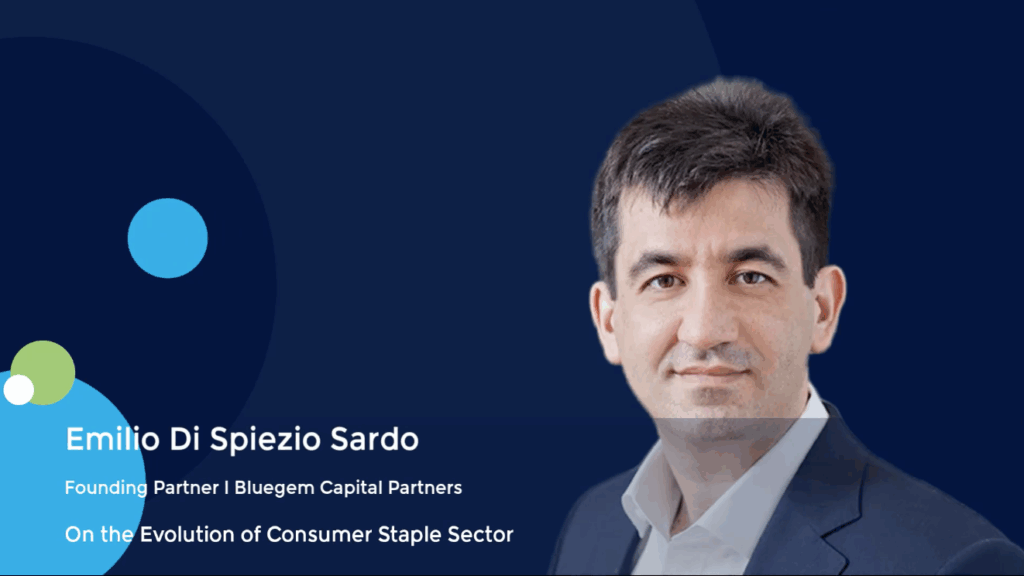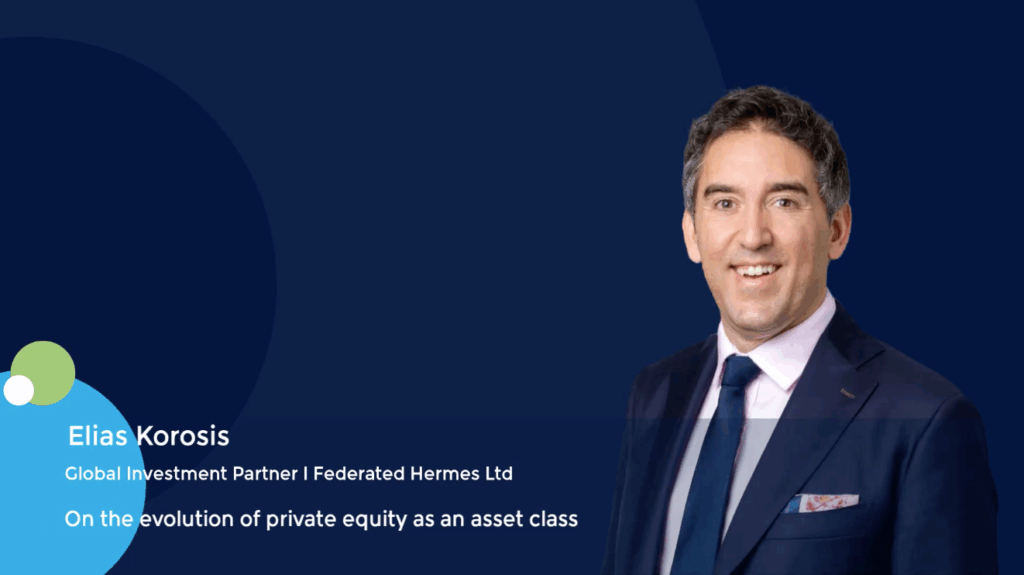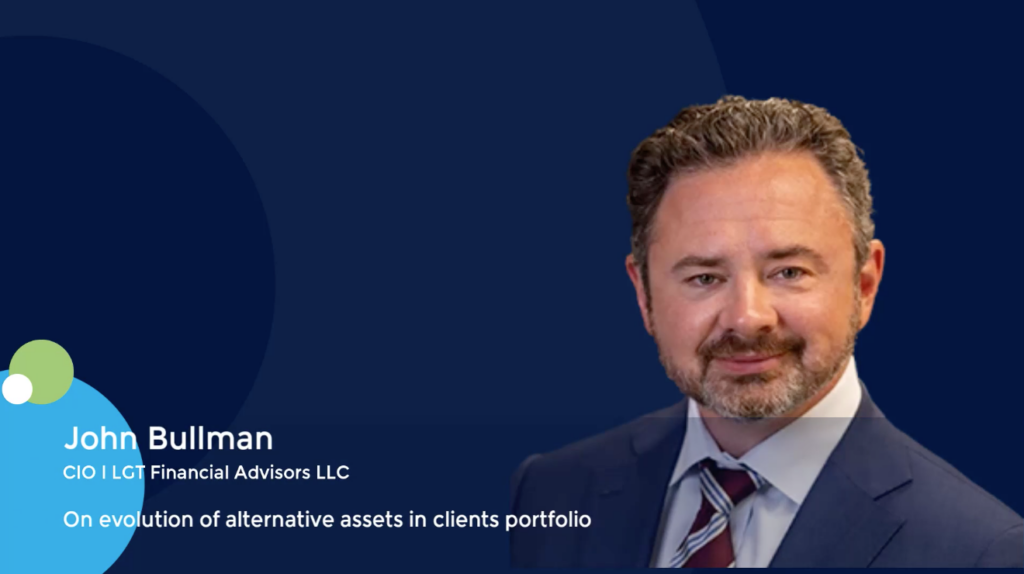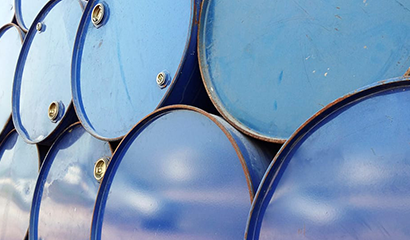Fund focus: Wavemaker Impact says climate-tech is the new internet
The Southeast Asia-focused manager’s debut impact fund, which came in at 2.5x the targeted amount, is positioned so that LPs can whet their appetite for climate-tech with real-world applications
Southeast Asia-focused investor Wavemaker Impact has closed its debut fund with USD 60m in commitments, beating a target of USD 25m thanks to what it sees as a step up in the perception of climate-tech.
“There’s definitely been a paradigm shift in that climate-tech companies are seen as businesses, not just science experiments, and that they are VC-backable,” said Marie Cheong, a founding partner of Wavemaker Impact. “I feel that this strategy wouldn’t have been possible maybe even two years ago.”
The firm was formed as a strategy under Singapore’s Wavemaker Partners in 2021. It shares a license and back-office functions with its parent but is structured as a separate GP with its own investment committee and LP base.
Wavemaker was founded as a US-based firm in 2003 and began investing in Southeast Asia in 2012. Philippines-based technology company Xurpas acquired Wavemaker’s US operations in 2019, leaving the Southeast Asia business as an independent entity. Both firms continue to operate under the name Wavemaker Partners.
LPs in the new fund include development finance institutions such as the US-based Development Finance Corporation (DFC), British International Investment (BII), and Dutch Good Growth Fund, as well as Temasek Holdings-owned Pavilion Capital and a VC arm of Japanese construction company Kajima.
Beacon Capital, KBank, Autodesk Foundation, JG Digital Equity Ventures, Grantham Foundation, and Singapore’s Economic Development Board (EDB) also made commitments. EDB New Ventures, the venture-building arm of EDB, will provide support as a strategic partner.
The plan is to build a portfolio that can abate 10% of the global carbon budget – the maximum amount of CO2 that can be produced without increasing global warming. Much of the strategy is based on the idea that there are not yet enough companies in Southeast Asia to pull this off. Australia and India will be targeted opportunistically.
Wavemaker Impact’s defining feature is a focus on venture building. It invests about USD 500,000 for a 20% stake in idea-stage businesses and will re-up as far as the Series B round with a view to generating 3x-5x returns. All investees must be repeat entrepreneurs with a successful exit under their belt.
“Our first goal is to find founder-problem fit,” Cheong said. “Experienced founders like solving certain kinds of problems and serving certain kinds of customers. We see it as our role to show them where those problems and customers are in the climate space. Our deal sourcing is about finding founders who are interested in building 100×100 companies with us.”
Wavemaker’s 100×100 standard denotes companies seen as having the potential to reach USD 100m in high-margin recurring revenue while abating 100m tons of CO2 emissions per year. The new fund has identified at least 11 such companies to date. It has already closed investments in six of them.
A core element of deal targeting is the idea that the climate challenge has graduated from technology development to technology adoption. Business models are about aligning incentives to make the most of existing and proven technologies.
For example, Philippines-based Helios, one of the early investees, is touted as Southeast Asia’s first residential solar mortgage company. It gives customers access to loans if they put solar panels on their rooftops. The incentives are about pocketbook budgets in an inflationary environment, not reducing emissions.
“Since we launched, we’ve been saying that climate-tech is like the new internet,” Cheong said. “This is the next evolution of our economy globally. In the same way every company is now a tech company, soon every company is going to be a climate company in one way or another.”











